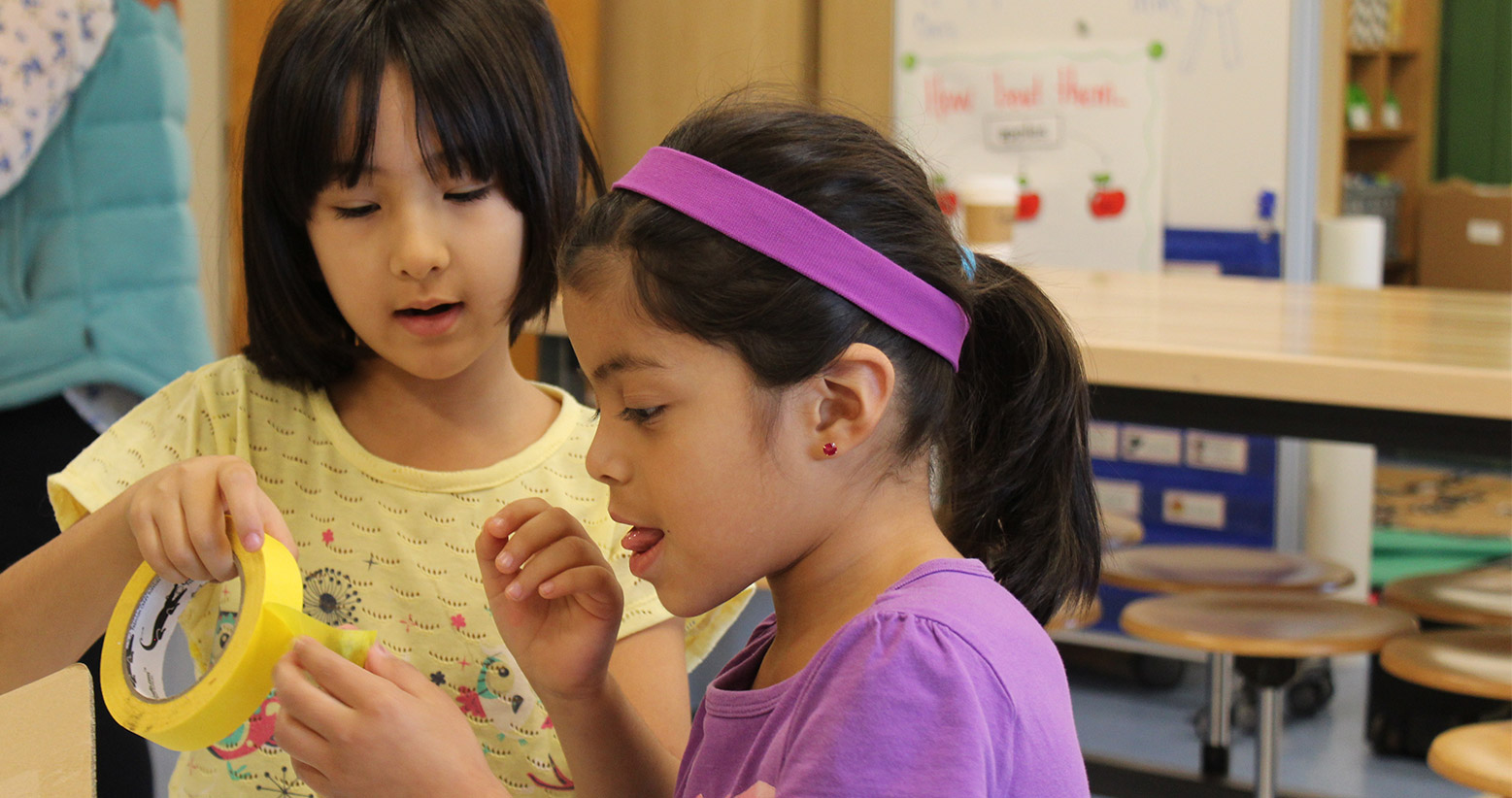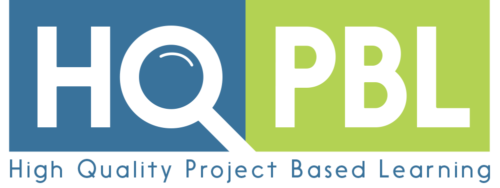HQPBL
Our Purpose
All students, no matter where they live or what their background, deserve access to high quality Project Based Learning (HQPBL). Our hope is that through widespread dissemination of the Framework for HQPBL, more educators and organizations will commit to providing all students high quality PBL experiences. Research on PBL indicates that when students have high quality experiences, they demonstrate deeper learning outcomes. In Defining High Quality PBL: A Look at the Research, we elaborate further on our purpose and on the research supporting HQPBL.
The Framework is also now available in Spanish (click here to download it) and in Catalan (click here to download it)

The Project
More and more educators around the world, both in and out of the classroom, believe that PBL is an important instructional approach that enables students to master academic skills and content knowledge, develop skills necessary for future success, and build the personal agency needed to tackle life’s and the world’s challenges.
At the present time, however, there is a lack of agreement about what makes a PBL experience truly high quality. Various models and guidelines for PBL have been created by experts and organizations in recent years, but these are typically written from the perspective of the teacher. The Framework for High Quality Project Based Learning describes PBL in terms of the student experience. For more information about this project, please visit the ABOUT page.
This project is supported by Project Management Institute Educational Foundation (PMIEF) and the William and Flora Hewlett Foundation. This project is also sponsored by the Buck Institute for Education.
